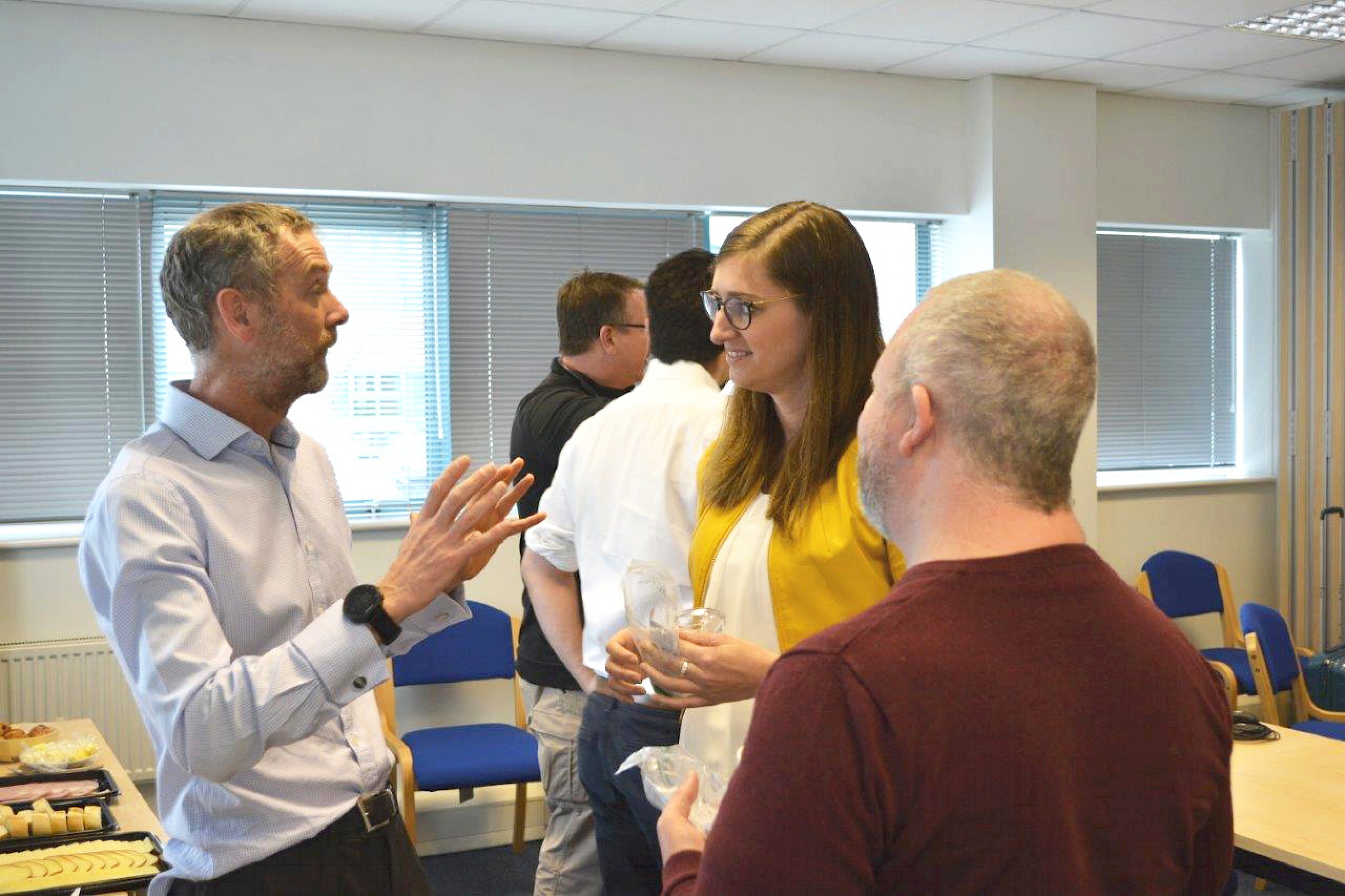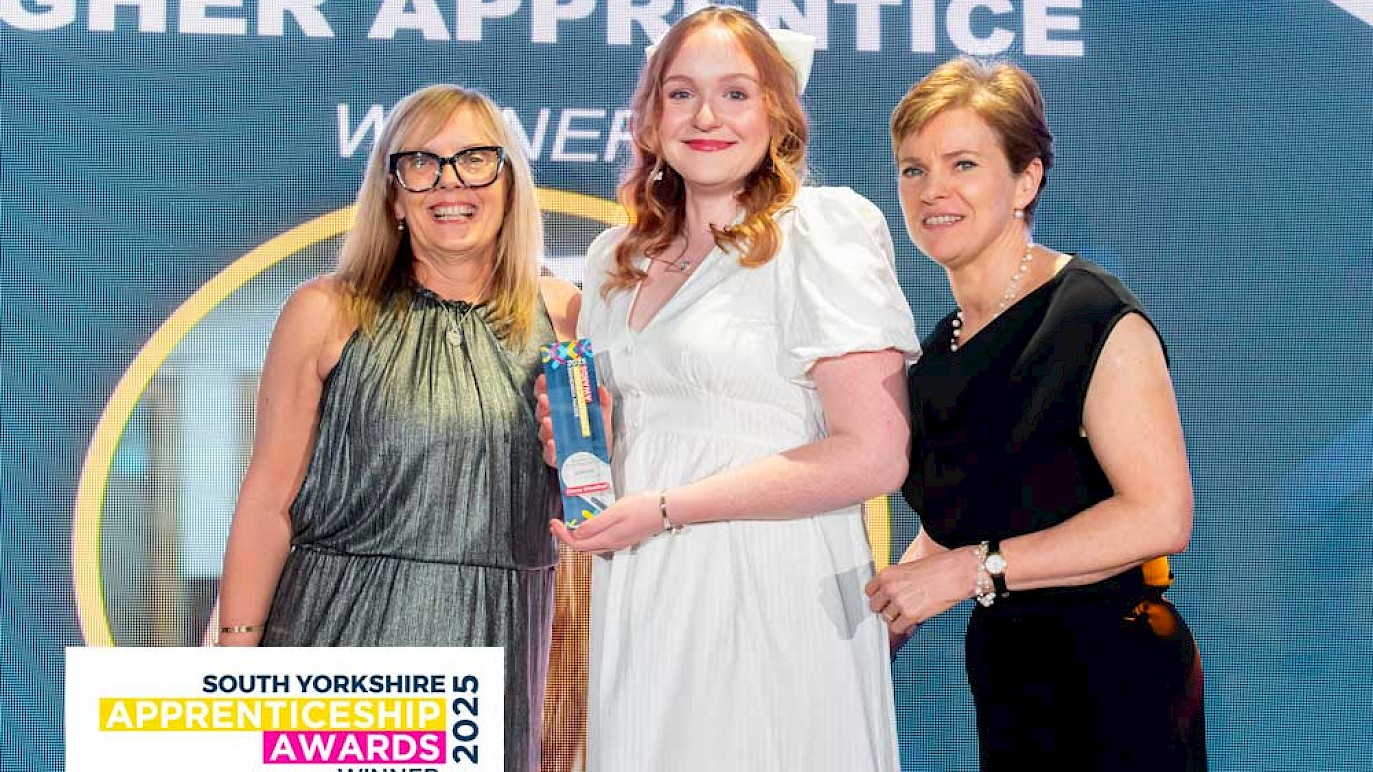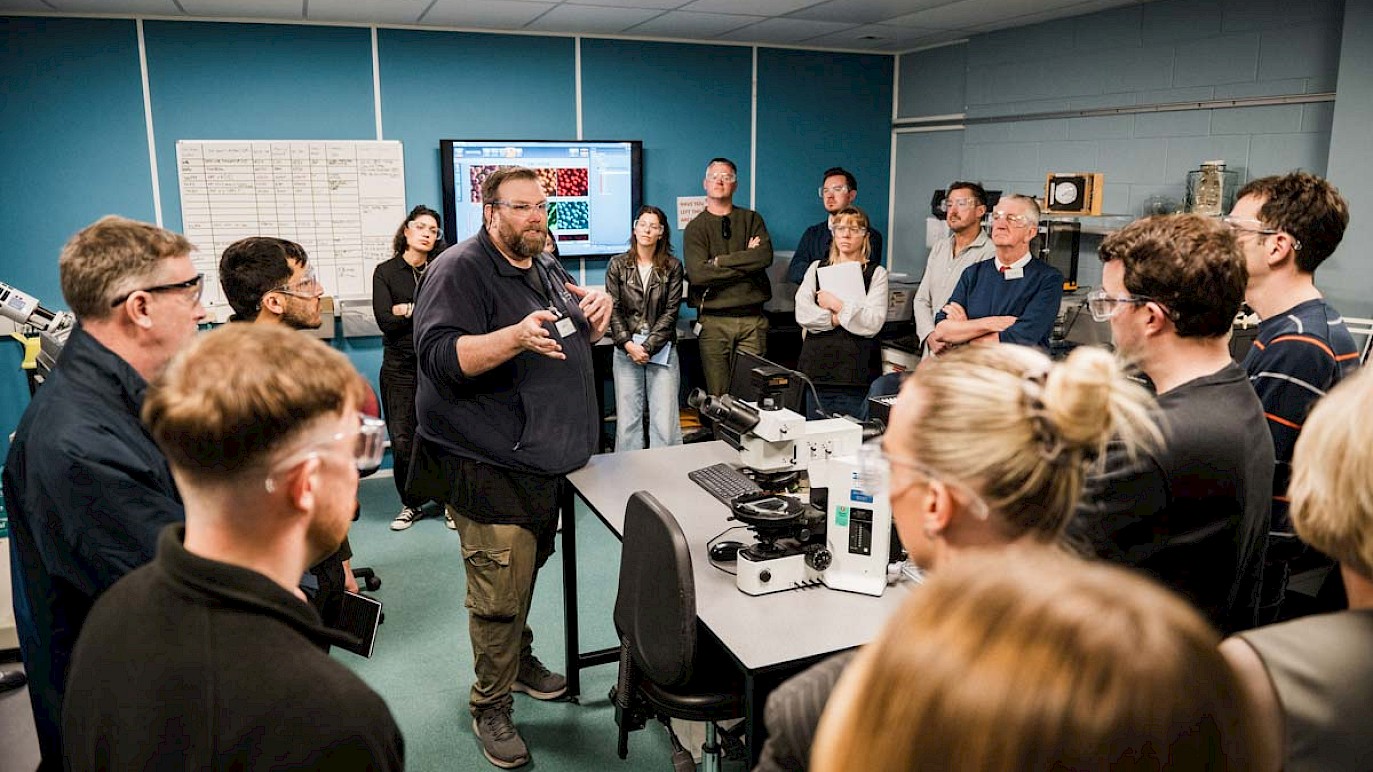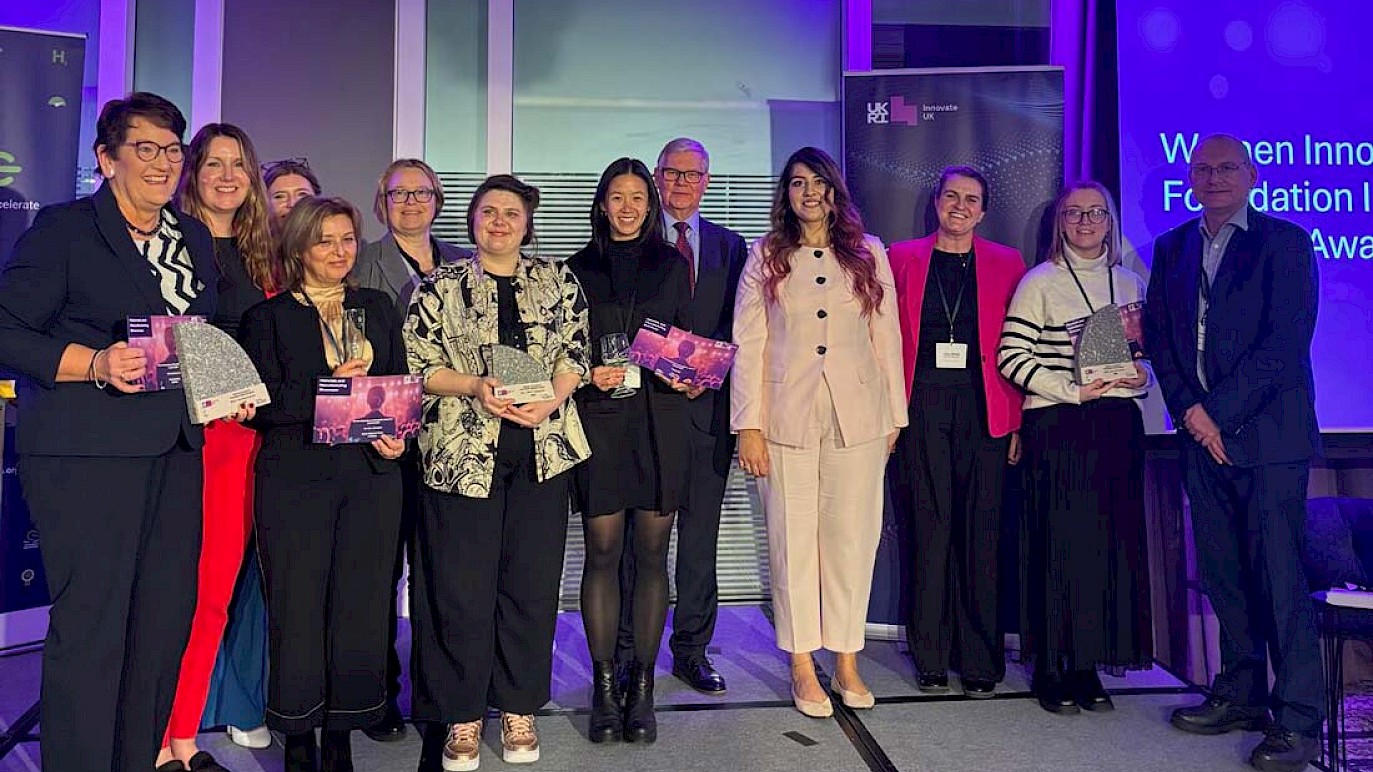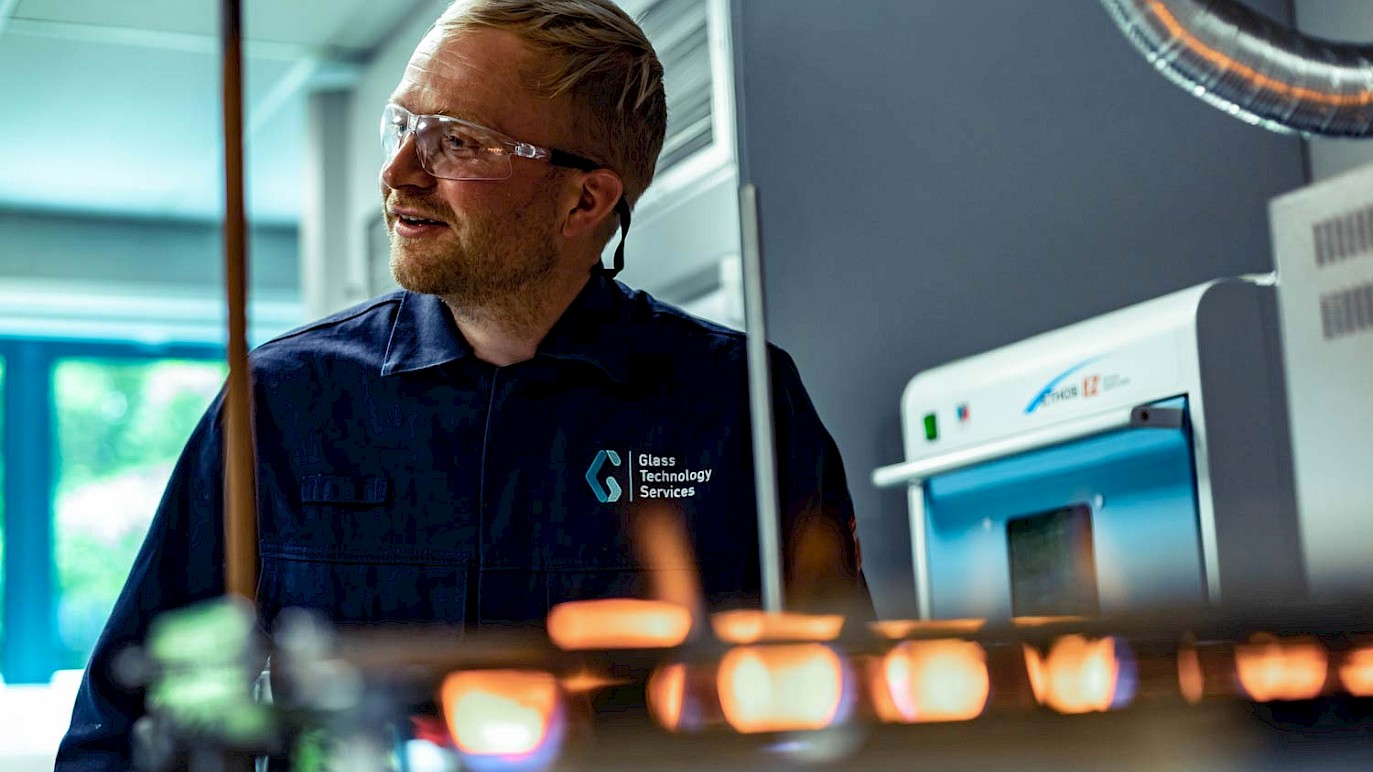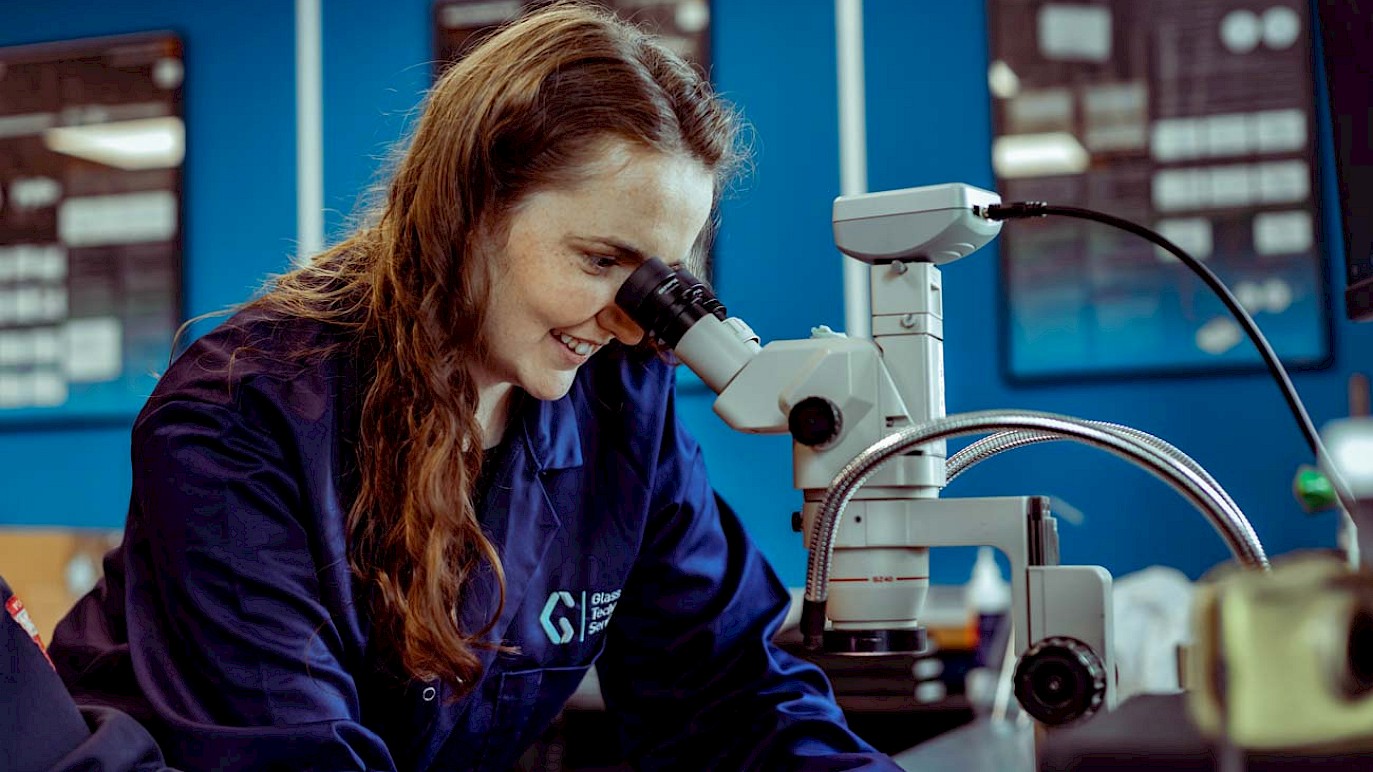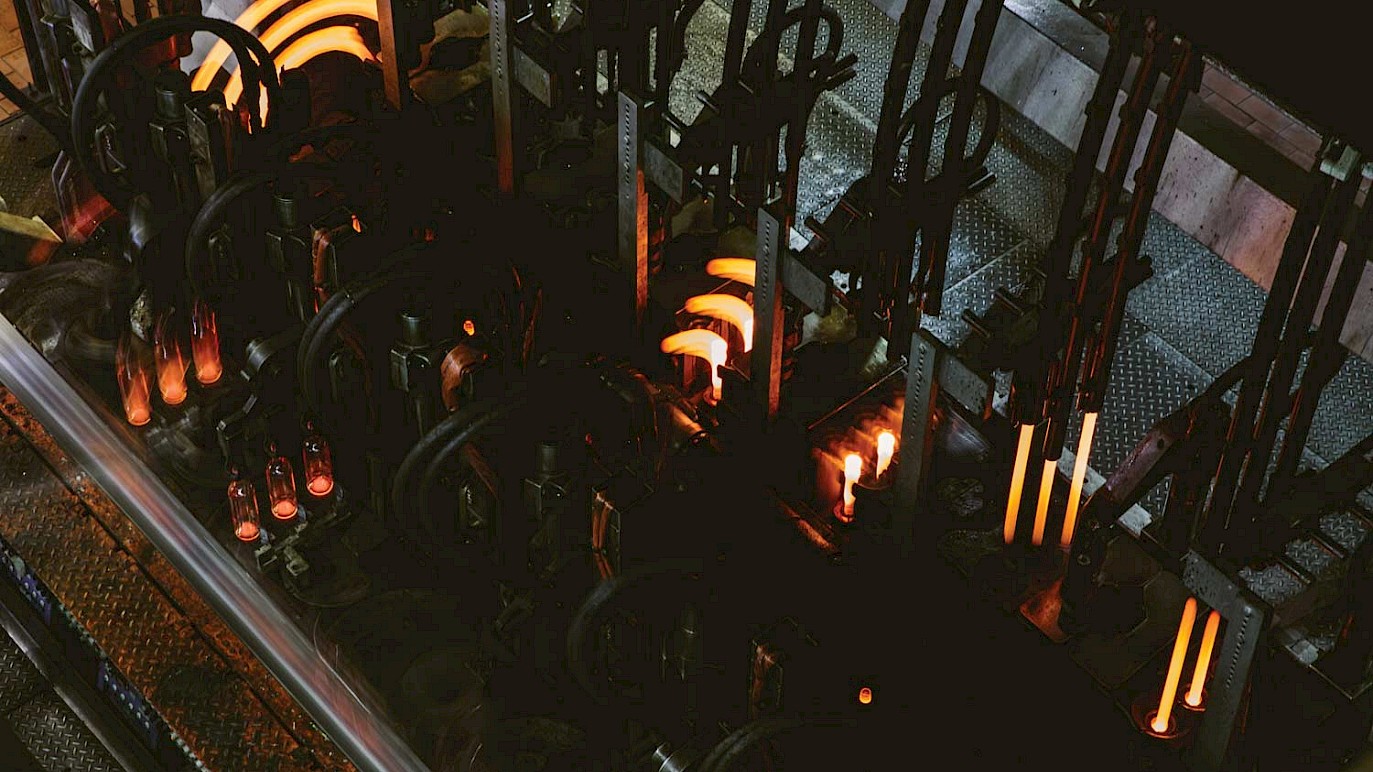Developed in a unique partnership on glass production, coatings fabrication and software on demand, the biocompatible technology was made possible through a research grant from the European Union’s Seventh Framework Programme (FP7) under the contract no. 286548
Glass Technology Services has worked in partnership with FAME-MED and EXEMPLAR on the production of coatings, specialised biocompatible glass ceramics and biomechanical modelling. Other partners in the project include Innovation Centre Iceland (ICI) Politecnico di Torino (POLITO-Project Coordinator-C. Vitale Brovarone), Asociacion de investigation metalurgica del noroeste (AIMEN) and Centre CIM Fundacio Privada (FCIM).
Experts across the partnership have developed MATCh: Monoblock Acetabular cup with Trabecular-like Coating, which is designed to improve wear rate, allow a wider range of prostheses sizes and promote less trauma during surgical implantation. The project is now bringing new osteoinductive coatings and scaffolds to market.
Martyn Marshall (Principal Technologist, Glass Melting and Development) Glass Technology Services said:
“Currently, replacement hip joints fit into cups which are housed in metal backs, which have a high risk of relative mobility, wear of the cup and potential damage to the pelvis. The Monoblock ceramic cup anchors to the bone through a bioactive trabecular coating, glazed on all its surfaces.
“Ceramic-on-ceramic coupling has very low wear rate, gives a greater choice of prostheses sizes and involves less trauma in surgery. MATCh aims to develop prototypes which can accelerate osteointegration and avoid aseptic loosening due to wear, relative mobility and bone damage. This will radically improve the efficiency and longevity of hip joint operations.”
